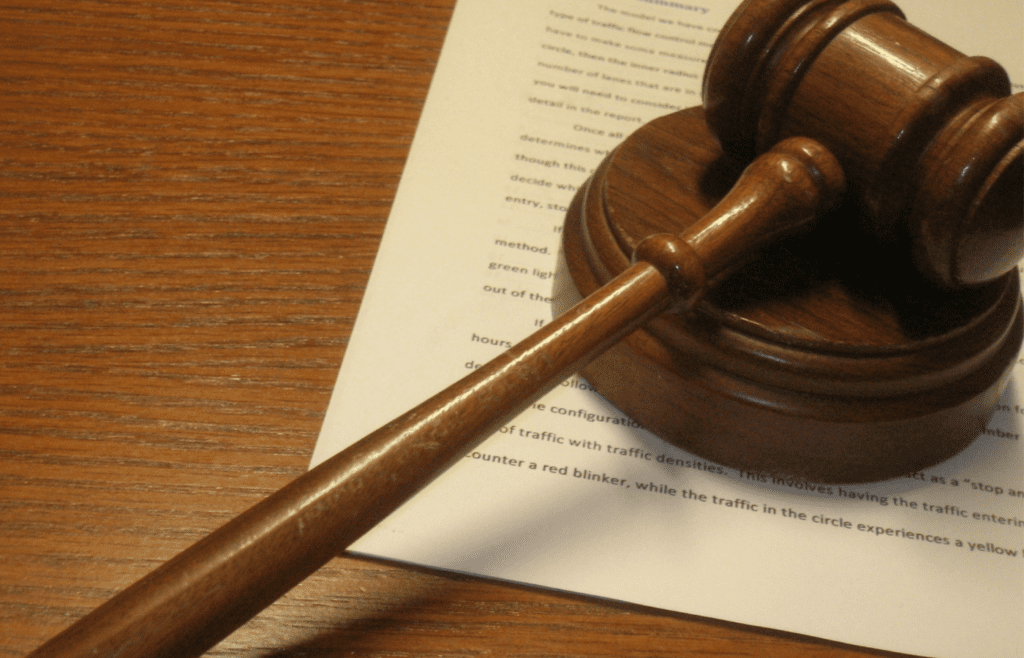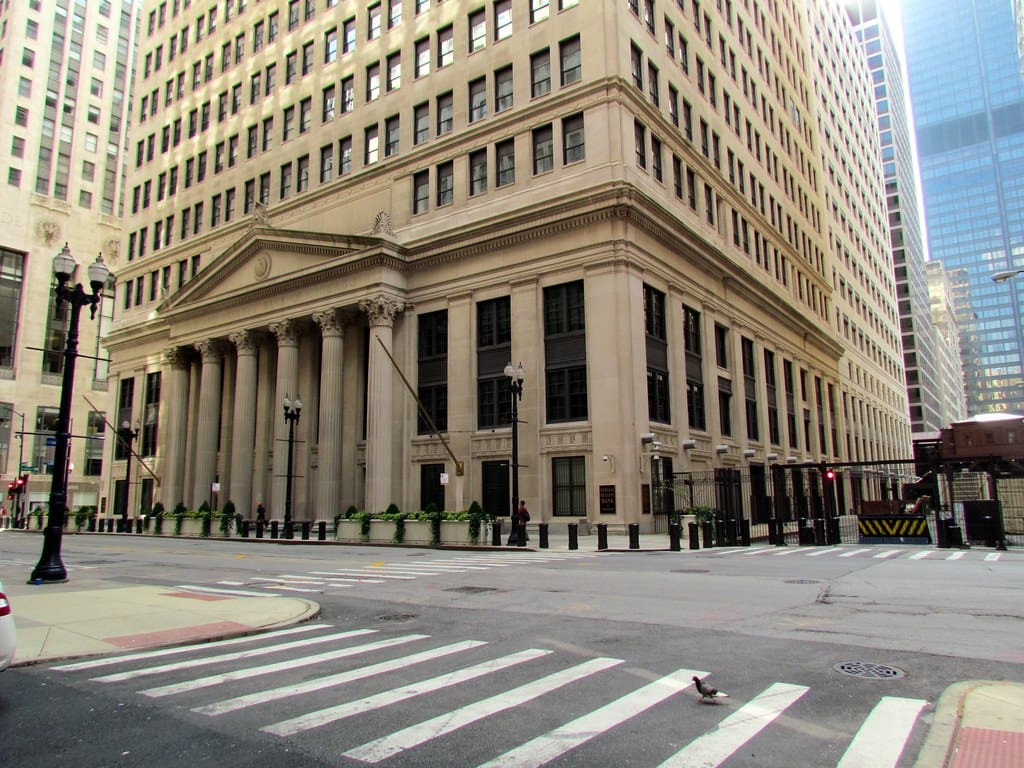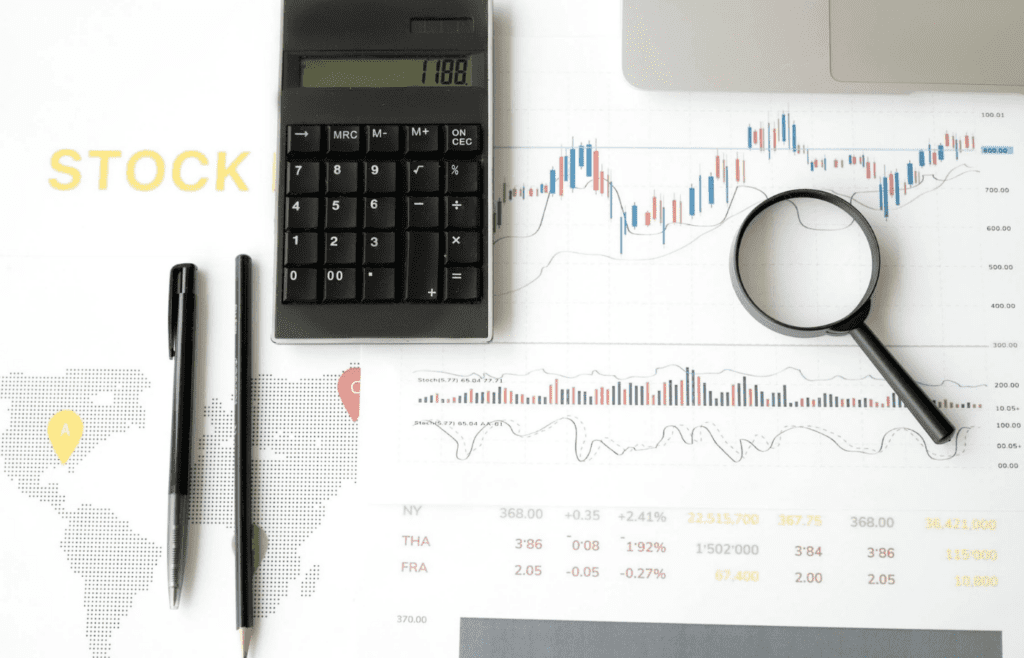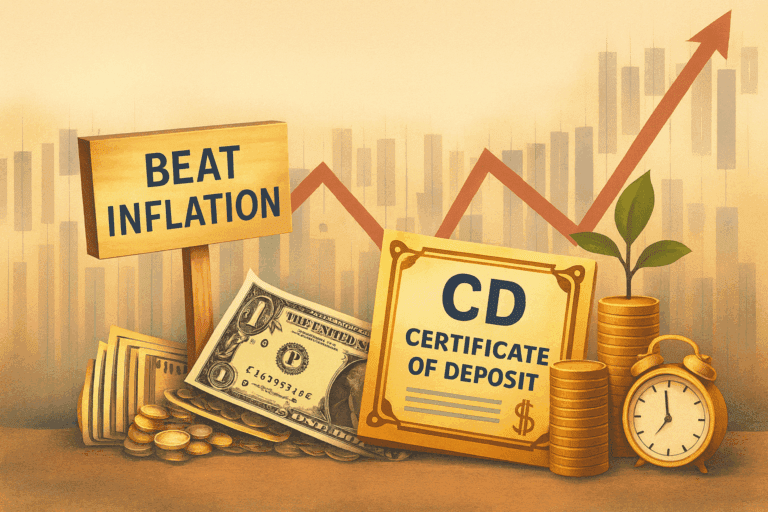Economic meltdowns have repeatedly tested global financial systems’ resilience, leaving valuable lessons behind. Examining these crises, we can uncover strategies to navigate future economic challenges better.
Here are 15 hard-hitting lessons learned from the world’s biggest economic meltdowns:
1. Recognize the Dangers of Excessive Debt

High leverage levels can amplify financial instability, as seen in the 2008 crisis when overextended borrowing led to widespread defaults. Federal Reserve Bank of St. Louis
2. Ensure Robust Financial Regulation

Lax oversight allows risky behaviors to flourish. Strengthening regulatory frameworks is crucial to prevent practices that can lead to economic downturns. FDIC+3Economics Observatory+3Federal Reserve Bank of St. Louis+3
3. Address Moral Hazard

Bailing out institutions without consequences encourages them to take reckless risks, knowing that one will shield them from failure — ultimately undermining market discipline.
4. Prepare for Liquidity Crises

Financial institutions must maintain adequate liquidity to withstand sudden market shocks and avoid cascading failures.
5. Understand the Impact of Asset Bubbles

Unchecked asset inflation, like the housing bubble pre-2008, can lead to severe corrections and economic turmoil when they burst.
6. Recognize the Limitations of Self-Regulation

Relying solely on institutions to police themselves often fails, highlighting the need for external regulatory bodies to enforce compliance.
7. Monitor Shadow Banking Systems

Unregulated financial entities can pose significant systemic risks, as their operations may lack transparency and oversight.
8. Anticipate Global Interconnectedness

Crises can quickly spread across borders, emphasizing the need for international cooperation and monitoring of global financial linkages. IMF
9. Value Transparency in Financial Instruments

Complex and opaque financial products can conceal risks, making it essential to promote clarity and understanding in financial dealings.
10. Recognize the Role of Psychological Factors

Investor behavior, driven by fear or greed, can exacerbate market volatility, underscoring the importance of behavioral economics in policy-making.
11. Implement Effective Crisis Management Strategies

Swift and decisive actions are vital to restore confidence and stabilize markets during financial crises.
12. Promote Economic Resilience

Building systems that can withstand shocks involves prudent fiscal policies and robust economic structures.
13. Address Income Inequality

Economic disparities can contribute to financial instability, highlighting the need for inclusive growth policies.
14. Foster International Cooperation

Collaborative global efforts are essential to address financial crises that transcend national boundaries.
15. Continuously Learn and Adapt

Each crisis offers lessons; analyzing failures and adjusting policies to prevent future economic downturns is imperative.
By internalizing these lessons, policymakers, institutions, and individuals can better navigate the complexities of the financial landscape and mitigate the impact of future economic meltdowns.








